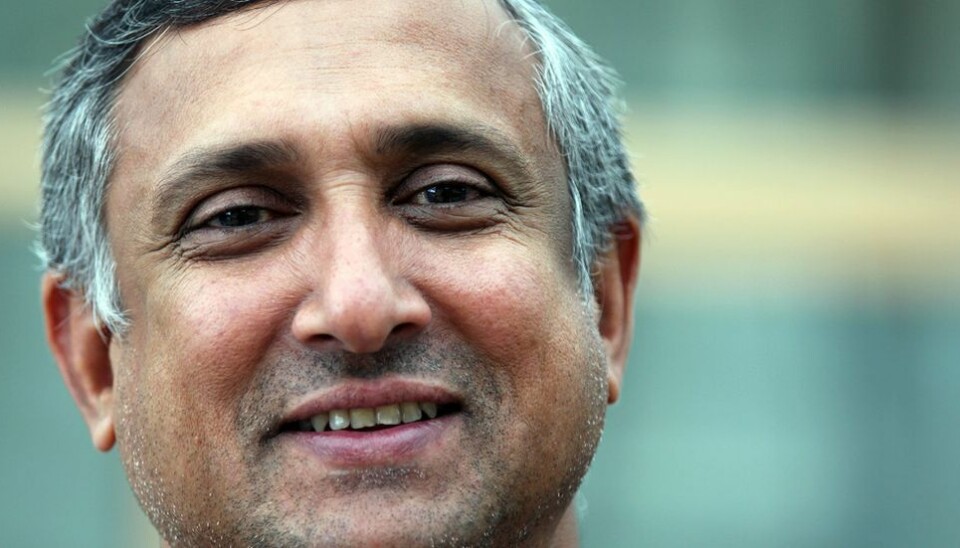The new faculty structure:
On the Cannibalization of SVT
A comment on the Cannibalization of SVT & the impoverishment of the social sciences at NTNU
Indra DeSoysa.
Tore Oksholen
The new faculty structure recently approved by NTNU´s Board establishes the field of economics as a separate faculty, effectively divorcing economics from the rest of the social sciences, such as political science, sociology, psychology etc.
The decision seems to have been driven by concerns completely outside of anything defensible on intellectual grounds. The most exciting thing to happen in the social sciences in recent times has been developments in economics that has brought political science, sociology, anthropology, and psychology in a tighter web of interdependence for understanding economics. The awarding of the Nobel Prize in economics to institutional economics (Douglass North) and more recently to Elinor Ostrom (a political scientist) are testament to this.
The best sellers by North (economist), Wallis (economist) and Weingast (political scientist) and Acemoglu and Robinson (economists) who wrote the bestseller “Why Nations Fail” are two important recent works in economics that preface the importance of politics (institutions) for understanding the world around us.
According to Nobel laureate North, “Economic institutions -- property rights and other social rules that we talk about in economics — are derivative of political institutions. The political system defines the kind of rules of the game of the judicial system…all that makes a very complicated story. All of that will be understood imperfectly, and even if we do understand it today, it will change tomorrow.” (in a recent speech to the American Economic Association).
Indeed, the Chair of the Department of Economics at Harvard, the celebrated economist, Alberto Alesina, is famous for his cross-disciplinary collaborations that highlight the importance of culture for understanding economic and political outcomes. The Nobel Prize awarded last year to Angus Deaton (an economist famous for his work on poverty) and a few years previously to Daniel Kahneman (essentially a social psychologist) also serve to underscore the increasing “complexification” of economics. Indeed, much of what our current (undoubtedly also future) students seem to be interested in require a far more tightly-integrated understanding of economic processes with social and political ones.
The collective “wisdom” of the group that has made the decision to make a trade school out of the economics department (just when the rest of the world is moving away from such trade schools) has made – I believe- all of us (NTNU) poorer.
Harvard, MIT, LSE and others are combining economics evermore tightly with the other social science disciplines so as to generate more relevant research and understanding of an increasingly complex world. Of course, there is little to stop many of us from collaborating in useful ways across the two faculties, nor are there real barriers to students mixing their interests across the faculties, but the message we send out to the world, I fear, will be an unflattering image of a regressive structure ill suited for building the social sciences into the future.

























